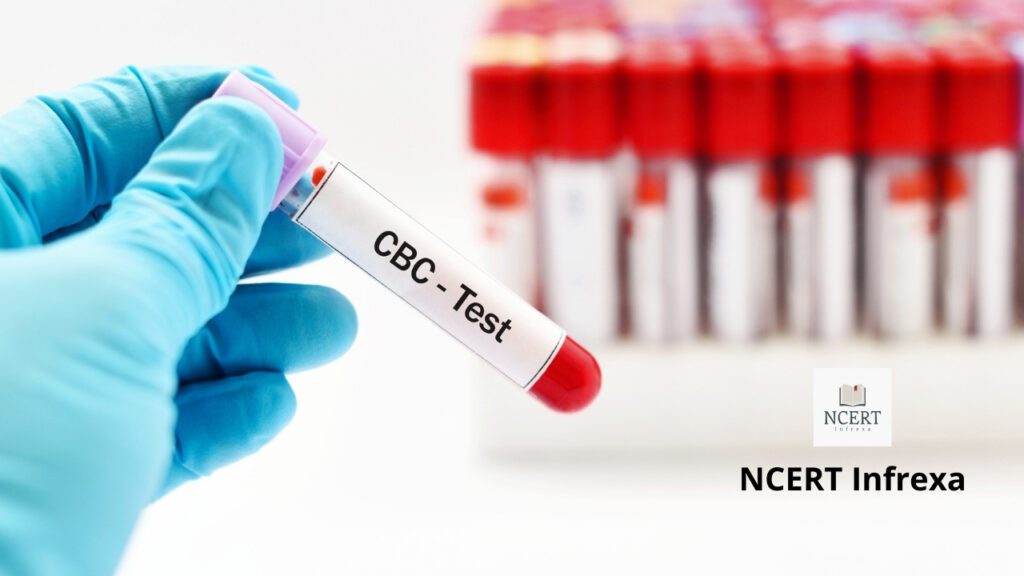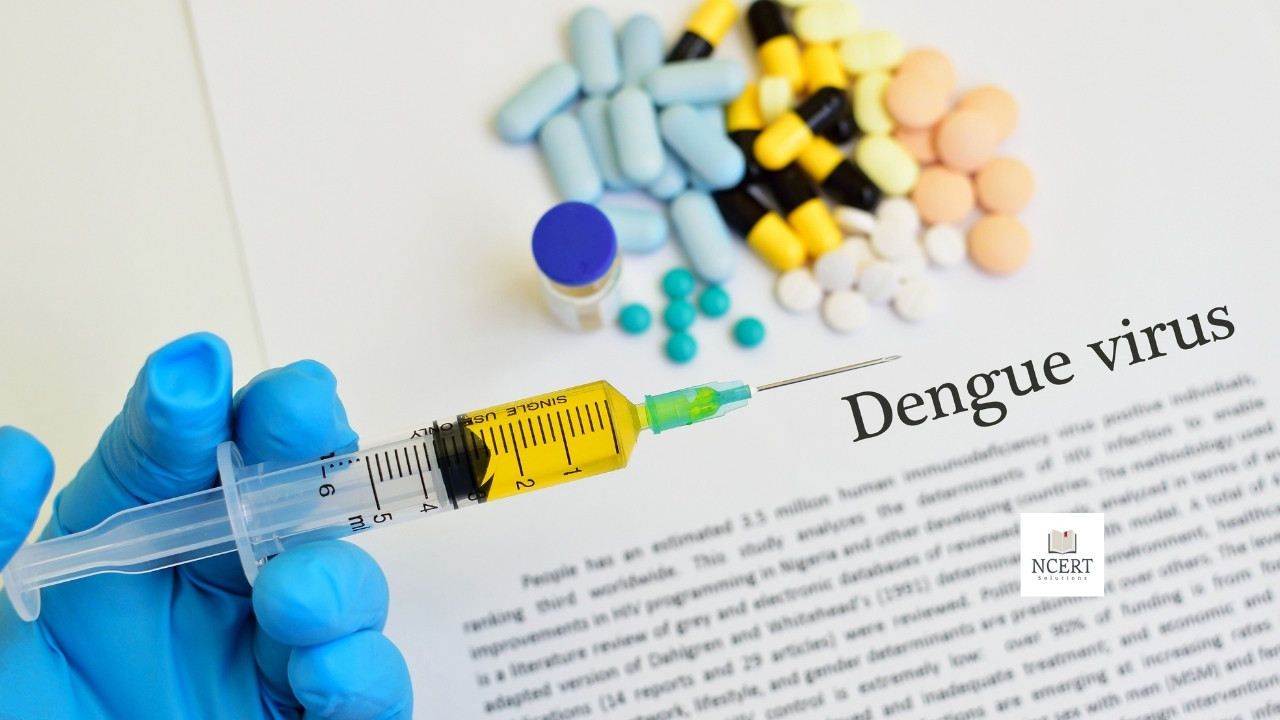A complete blood count or CBC test is a very common test that tests blood for certain disorders that affect your health.
CBC is often referred to as the “Blood Test” only.
In other words, the majority of people use the term “Blood Test” instead of CBC Test when telling someone about the test.
What is CBC or Complete Blood Count Test?
The CBC determines whether there is an increase or decrease in your blood cell count. The normal count may be different depending on your age and gender. The CBC report from the lab will tell you the normal count for your age and gender.
A CBC can help detect many health problems ranging from anemia, common infections to cancer.
This test measures three main types of blood cells –
1. RBC or Red Blood Cells
RBC carries oxygen throughout your body and removes carbon dioxide from it. The CBC measures two components of your red blood cells –
- Hemoglobin (Hb): oxygen-carrying protein
- Hematocrit: percentage of RBCs in your blood
Low hemoglobin and hematocrit are often symptoms of anemia (anemia is caused by a lack of iron in the blood).
2. White Blood Cells
White blood cells or WBC helps your body fight against infection. The CBC measures the number and type of white blood cells in your body. An abnormal increase or decrease in the number or type of WBC (white blood cells) can be a sign of infection, inflammation, or cancer.
3. Platelets
Platelets help your blood clot and control bleeding. When a wound stops bleeding, it means that the platelets are doing their job properly.
What is the purpose of the CBC Test?
Your doctor may ask for a CBC test for regular checkups or if you have some symptoms that cannot be detected without a test, such as bleeding, bruising, or fever for which the cause is not known.
The Complete Blood Count test can help your doctor to:
Overall Health Checkup – CBC is useful for checking your health. This gives your doctor a good picture of your overall health. With CBC Test, the doctor can also prevent the risk of getting certain diseases.
Diagnosis of a disease – Your doctor may also ask for a CBC or Complete blood count test to diagnose a disease or health problem. Also, if you have symptoms that are not known for their cause, such as weakness, fatigue, fever, redness, swelling, bruising or bleeding, a CBC test is recommended to reveal the disease.
Keeping track of any ongoing illness – If you have a health problem, your doctor may prescribe the CBC Test to monitor it regularly. This is especially true if you have a disorder the CBC Test will show an irregular number of blood cells.
Before Complete Blood Count Test
When you go to the CBC Test or Complete Blood Count test, wear a short-sleeved shirt or a shirt that can be easily folded by the side.
Read: Urine Routine Test : Cost and normal values
You can usually eat and drink normally before a CBC. However, depending on your situation, your doctor may ask you not to eat anything for a while before the test. If your blood sample is to be used for some other test, this advice is perfectly normal.
During the Complete Blood Count Test
During a CBC test, a lab technician takes a blood sample from a vein in the arm, During this, the technician performs the following tasks –
- He will use the antiseptic bandage to clean your skin.
- A band will be tied around your upper arm. This is so that the vein from which the blood sample is to be taken, that vein fills with blood and swells, and becomes easily visible.
- During this, a technician will draw blood by inserting a needle into your vein and placing the blood sample in one or more vials.
- After that, the band would be fired.
- If the bleeding continues even after the needle is removed, it will be stopped by applying a bandage or band-aid.
- After this, the name of the patient on the “sample vial” will be written on it and sent to the laboratory for analysis.
Most CBC test results are available within a few hours to a day after the test.
What are the risks of the CBC Test?
In general, there are no side effects of the CBC test. But the following problems might come to notice –
- Collection of blood for tests can be a little inconvenient. When the needle goes into your skin, you may feel a prick or tingling sensation.
- Some people feel dizzy or feel heaviness in the head when they see blood.
- There may be a slight wound at the place where the needle is inserted. But it soon gets better.
CBC Test Results and Normal Range
CBC Test results can vary depending on your blood cell count.
| Blood component | Normal Range |
| RBC count | In men: 4.32 to 5.72 million cells/mcL In women: 3.90 to 5.03 million cells/mcL |
| Hemoglobin | In men: 135 to 175 gm/L In women:120 to 155 gm/L |
| Hematocrit | In men: 38.8 to 50% In women: 34.9 to 44.5% |
| WBC count | 3,500 to 10,500 cells/mcL |
| Platelet count | 150,000 to 450,000 /mcL |
It is difficult to always expect accurate figures on CBC test results. A very high or low count of blood cells can be a sign of a variety of conditions. Some specific tests are needed to confirm the problem.
Examples of some problems that can lead to abnormal cell counts are as follows:
- Iron or other vitamin and mineral deficiencies
- bleeding disorder
- heart disease
- immune disorder
- bone marrow problems
- cancer
- infection or inflammation
- drug side effect
If your Complete Blood Count / CBC Test results show abnormal levels, your doctor may advise another blood test to confirm the result. With the help of other tests along with the CBC / Complete Blood Count Test, the doctor may diagnose your health condition or disease.




